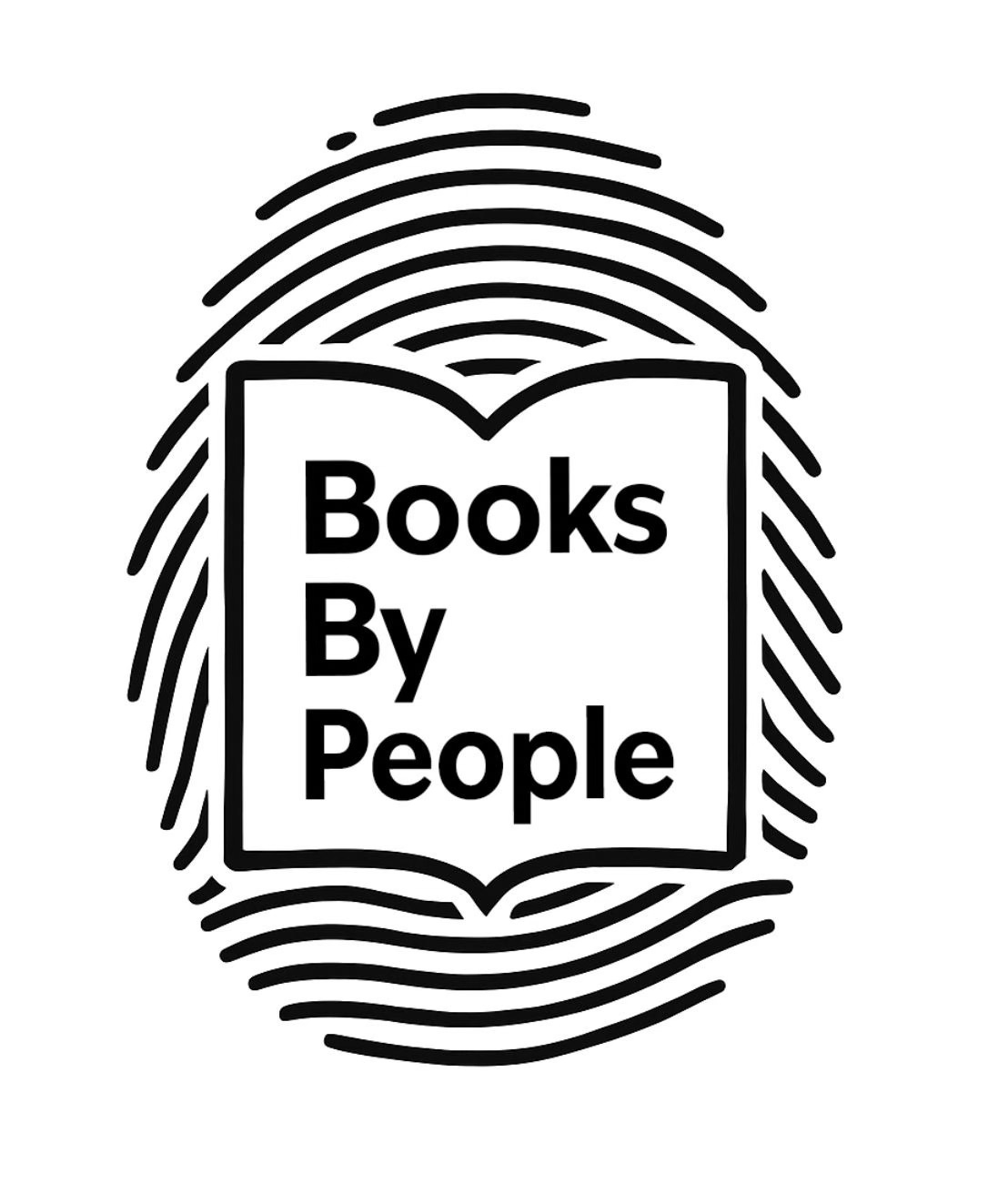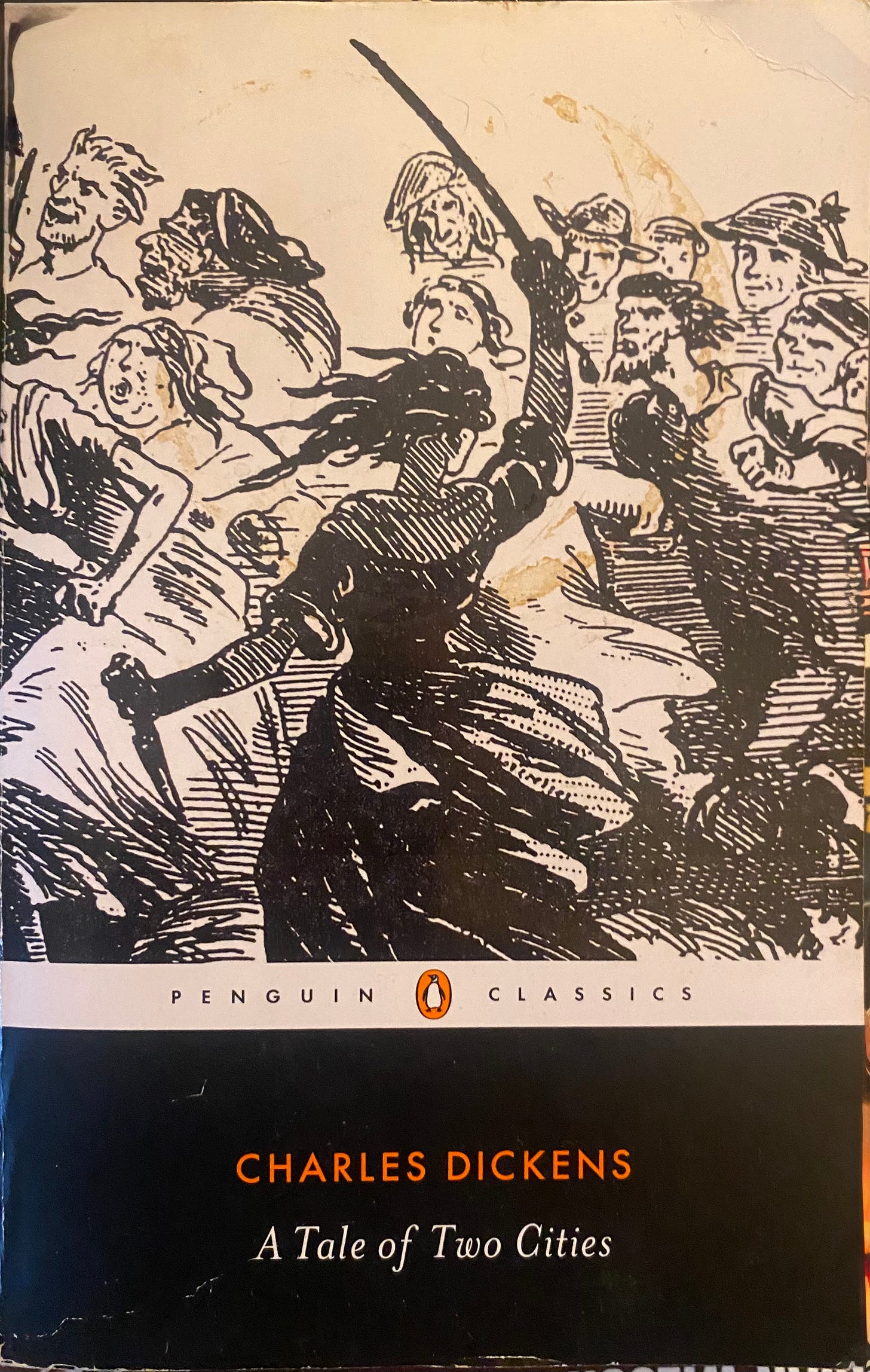Books by people vs books by AI
Announcing a new book certification scheme that enables publishers to prove their books are written by humans
We now live in a world where it is necessary to prove that books have been written by humans.
We have reached a point where so much generative AI-slop is being foisted on the public that readers are becoming suspicious of what they might be buying. Not least because quite a bit of that slop has been designed to rip-off the genuine article.
But now for the better news. There is a solution:
A new book certification scheme called Books By People is launching in the UK. Based on careful vetting and testing procedures, it enables publishers to reassure readers that the books they are selling are real.
If you want to know a book is genuine, you will soon be able to look for this kite-mark:
Before proceeding, I should admit to an interest here. I’m on the advisory board of Books By People1
Also, I have an axe to grind. I really don’t like the way some kinds of AI have been used against the book industry so far.
No, I’m not against the technology per se and can see it has potential uses on the whole spectrum from life-saving medical development to people-killing death machines. (And, other less dramatic but also supremely useful ways of furthering human knowledge. Like this.)
But yes, I hate certain types of AI. I particularly do not like the way Large Language Models have been developed and used in relation to the written word.
On that note, and before digging into more involved details on how the Books By People certification scheme works, let’s review the case against the use of such AI models in books:
Oppressive tools
“The socioeconomic value of linearly increasing intelligence is super-exponential in nature,” says Sam Altman. “A consequence of this is that we see no reason for exponentially increasing investment to stop in the near future.”
Grok was “manipulated” into praising Hitler, says Elon Musk.
Also: “We’re going to to make BabyGrok, an app dedicated to kid-friendly content.”
Meta will "invest hundreds of billions of dollars... to build superintelligence" says Mark Zuckerberg. He is building multi-gigawatt centres covering sites the size of Manhattan with"names befitting their scale and impact". The names he has chosen are Prometheus and Hyperion. That’s right. The god of unintended consequences and a sister-shagging ball of fire.
Most objections to AI do not arise through fear of the future, or inability to change. They arise because the people who control these AI platforms are dicks. They have turned AI into a tool of oppression. We did not ask for AI in everything, but we have it, thanks to the worst people on earth.
It has become an infinite and unrelenting HR department, attacking people’s means of earning a living while spouting endless bullshit at them.
It is a robot trying to imagine the soul of a middle manager that almost exclusively interacts with middle managers trying to imagine the soul of a robot.
It the enemy of creativity and humanity.
Which brings us back to publishing.
The AI assault on the book world
Generative AI was born out of theft. It was trained on stolen books. Even before they foisted their garbage on us, AI companies were ripping us off.
And then it emerged, a technology that not only plagiarises creatives, but also assaults readers. A tool that enables people who are too lazy or too incapable to do their own writing to force words on the rest of us.
In many cases, these people also intend to make us pay for those empty words.
This cynicism is corrosive. Already it can be seen eroding trust and undermining the economic foundations of the book industry.
Among other things we have recently seen:
The widespread selling of rip-off versions of genuine books.
The rise of the ‘althor’ and the flooding of Amazon with AI books including fake celebrity biographies, study guides and endless attempts to flood genre marketplaces.
Just to rub extra salt into the wound, an AI-generated list in a once prestigious US newspaper recommending non-existent fake books.
Amazon’s use of AI “narrators” to remove the vital human connection from the audiobook industry.
And on it goes, flooding the zone with shit, making it ever harder for consumers to be able to see what is real and what is slop.
Which is where Books By People come in.
How it works
The Books By People stamp is designed to be simultaneously easy to earn - and difficult to cheat.
All publishers have to do to be allowed to use the stamp is to produce books written by humans - and agree to put them through a validation process.
This process partly relies on publishers and authors wanting to maintain their good name and to tell the truth to their readers. But it is backed up by spot checks that will be regularly carried out on the titles of publishers who join the scheme, based on human expertise, reviews of editorial practice and technology-led text analysis.
Just to quickly explain that last thing: it’s a checking system that looks out for AI weirdness versus the subtle characteristics of human writing. I got the clever boffins at Books By People to run A Tale Of Two Cities through their prototype and am happy to say it passed with flying colours.
And that’s pretty much all there is to it.
It’s a system that helps publishers and their authors differentiate themselves from the slop-foisters - and so helps readers know that they are getting the genuine product. Organic literature. Books that are actually worth reading. The things we actually want.
If you’re a publisher who wants to sign up, or a reader keen to know more, visit booksbypeople.org - which also has contact details. The scheme is currently building up to a launch in September.
There’s hope for the future.






Comments